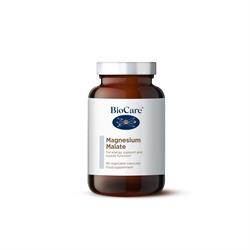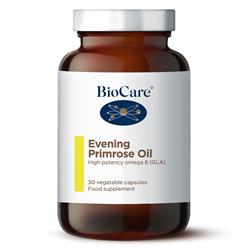Inflammation, Motivation & You
A 2019 study published in the journal Trends in Cognitive Sciences has found a link between our motivation to do things and chronic low-grade inflammation. Researchers from Emory University presented a theory that inflammatory cytokines create a shift in both our immune system and metabolism, which directly impact the secretion of dopamine. This means that free radicals (known as cytokines) instruct both the metabolism, and the immune system to alter their activity.
The mesolimbic pathway is also referred to as the “reward pathway.” This reward pathway alters our willingness to put in effort or seek reward. A reduction in dopamine in the centers of our brain that signal effort reduces perceived ability to do things, even for a reward. Motivational and neurological impairment has long been connected to inflammation, possibly due to sensitivity to free radicals.

The reason for the altered immune response is a clever strategy on the body’s part. Our motivation decreases so that we can focus energy on healing and conserve resources. This study offers a great opportunity to think about how chronic/ persistent low-grade inflammation alters the progression of disease. These findings could impact the treatment of behavioral disorders going forward, now we understand that one reason for these disorders occurring is due to inflammation because of an overload of free radicals and toxins.
The researchers are furthering their studies using computer models. Whereby they’re looking at the amount of energy available to the patient, and the amount of inflammation that is occurring throughout the body. This study is exciting as it offers deeper insight into mental health issues. Maybe one reason that they occur is actually due to inflammation, altering the drive to be motivated to do things.



